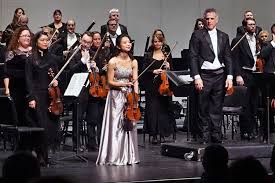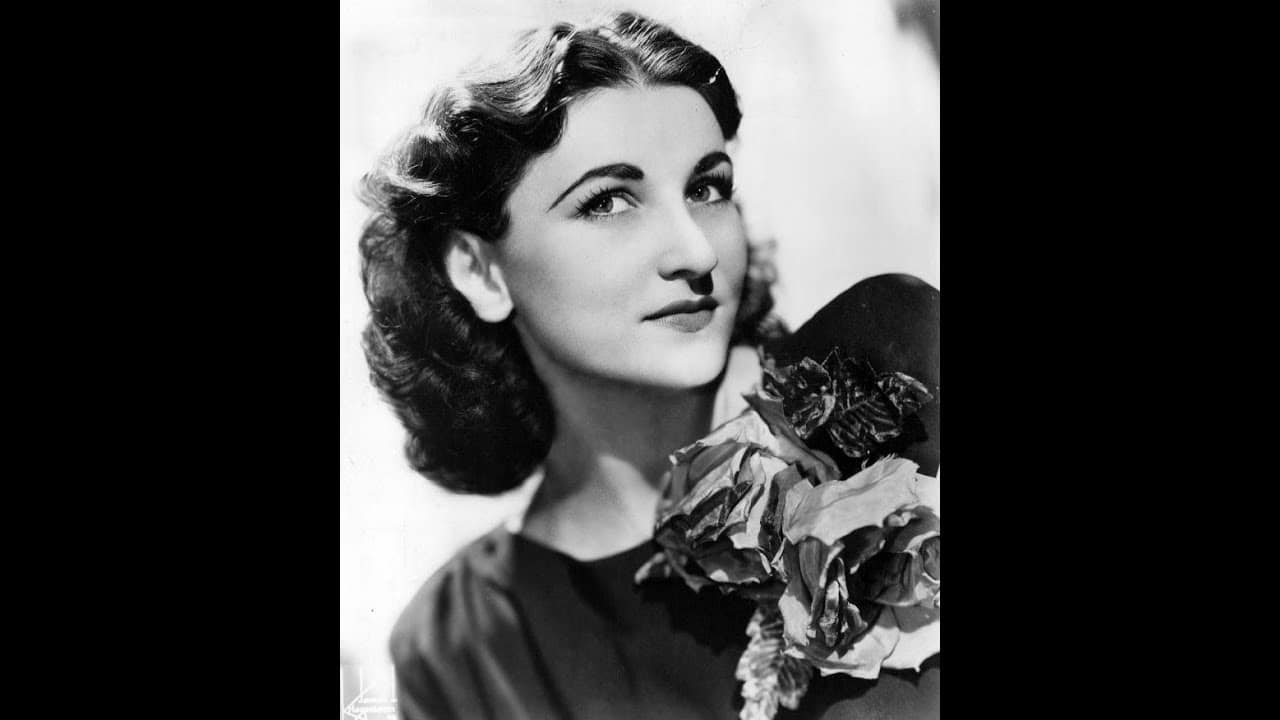How Arts Council England wrecked the nation’s opera
OperaThe three-year funding deal between ACE and English National Opera is a fudge that does no-one much good.
The key sentence is this: The provisional budget of up to £24million investment for 2024-25 and 2025-26 is to support the ENO make a phased transition to this new artistic and business model, and will include work split between their new main base and London. This will be subject to application and assessment with a decision by the Arts Council expected this summer. This funding would be in addition to the £11.46 million already agreed for 2023/24.
In plain English: ENO has three years to find a base outside London in order to continue presenting opera within London. A judgement of Solomonian wisdom? More like a tactical retreat by ACE and a longer stay on death row for ENO.
Where will ENO play in future? It takes more than three years to build an opera audience and most bases around the country are covered, or in trouble. Opera North is nervously embracing new management. Welsh National Opera has been barred from playing in England. Glyndebourne Touring has been defunded by the Arts Council. Glyndebourne, together with other countryhouse festivals is facing a difficult summer. Nevill Holt Opera has slashed its season. One other company is facing dangerously low sales.
ENO will find small pickings when it ventures forth. Three years from now, it will still be in crisis.
Covid and Brexit hit the opera world below the belt, but the attendant problems might have been surmounted were it not for the Arts Council’s unexpected triple attack on ENO, Glyndebourne and WNO.
A climate of hostility towards opera was created. A state of siege set in and confidence sank. In mass media, opera was once again presented as a pastime for the privileged. The ACE-ENO stay of execution is being spun in some quarters as the toffs protecting their own.
Opera has been given a bad name by Arts Council England. It will take years to recover from the onslaught.
pictured: ROH Aida: ROH/Tristram Kenton






Comments